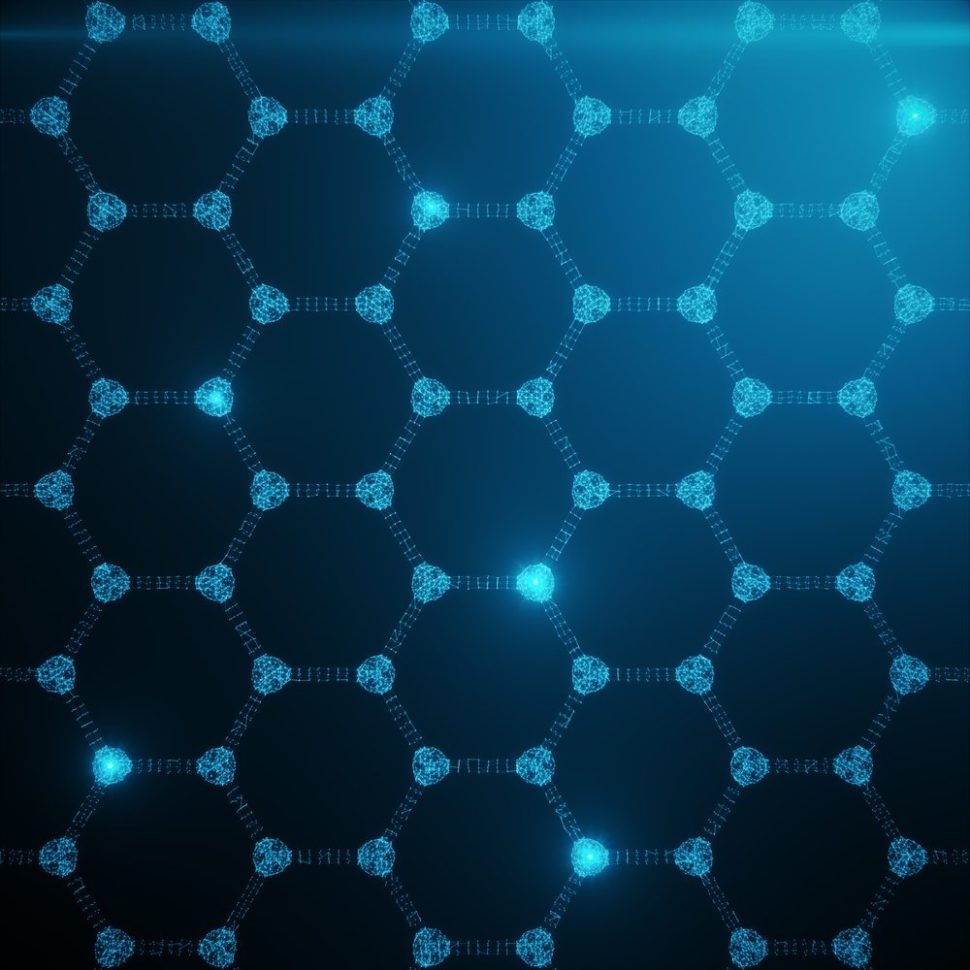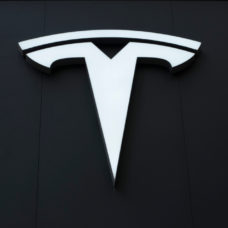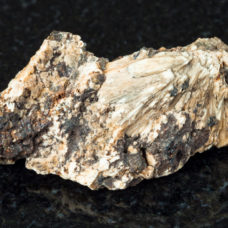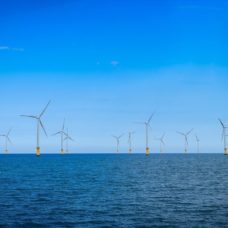Researchers have developed a catalyst that simplifies the process of water electrolysis to produce hydrogen and address the problem of renewable energy intermittency.
While it’s not yet possible to generate power directly from water without the use of some fuel, there are several potential ways to accomplish this. In addition to hydropower, geothermal and water splitting are other established processes of water-based energy production.
Water splitting, the mechanism of separation of oxygen and hydrogen, has long been one of the sought-after techniques to produce clean energies.
#Hydrogen to solve intermittency of renewables.Click To TweetHydrogen is a zero-emission fuel that can be efficiently stored on a large scale, but water splitting is a complex and very expensive technique to be used for mass production.
Water Splitting Made Simple With new Catalyst
Researchers have solved one big issue facing the advancement of water splitting by developing the most efficient catalyst yet.
In a double-joint effort, researchers at Rice University and the University of Houston have invented a catalyst that split water into hydrogen and oxygen, simultaneously.
Effective, low-cost, and durable, the catalyst is electrolytic film made of three layers: graphene, nickel, and the third is a metallic compound made of iron, manganese and phosphorus.

Unlike conventional catalysts, only capable of generating oxygen or hydrogen, the new electrolysis film can produce both simultaneously.
Current water splitting systems rely on catalysts where the cathode and anode are made of noble metals and rare elements, such as platinum-iridium, and ruthenium, which make them prohibitively expensive.
To make their catalyst, Rice team used Earth-abundant materials (iron, phosphorus and manganese).
Compared to other electrocatalysts, the new catalyst also requires fairly small amount of energy to trigger water splitting.
The scalability of the new catalyst, according to Rice researchers, would make it attractive to water splitting industry. Facilities powered by solar or wind would be able to use electrocatalysis to store off-peak energy.
Hydrogen to Overcome the Challenge of Renewables’ Intermittency
With the intermittency of renewables (fluctuating power production), innovative energy storage techniques become particularly crucial.
Wind turbines and solar panels are inherently dependent on climatic conditions, thus energy produced in excess should be backed by efficient and scalable energy storage systems to meet demand during peak times.
Scientists have been working to develop hydrogen energy storage technologies which then could be stored in large amounts at low costs.
Hydrogen isn’t an energy source per se, but more of a vector like electricity, which is used to carry energy generated from a source, such as fossil fuels or renewables. Hydrogen’s low density makes it a perfect vector to store power generated by renewables, and provides an efficient solution to the intermittency problem.
On earth, hydrogen is mostly found in the form of water, combined with oxygen, in virtually unlimited quantities.
However, the abundance of hydrogen does not make it accessible.
It must be separated from oxygen, hence the importance of water splitting techniques and the breakthrough catalyst we highlighted in this post.



















Comments (0)
Least Recent